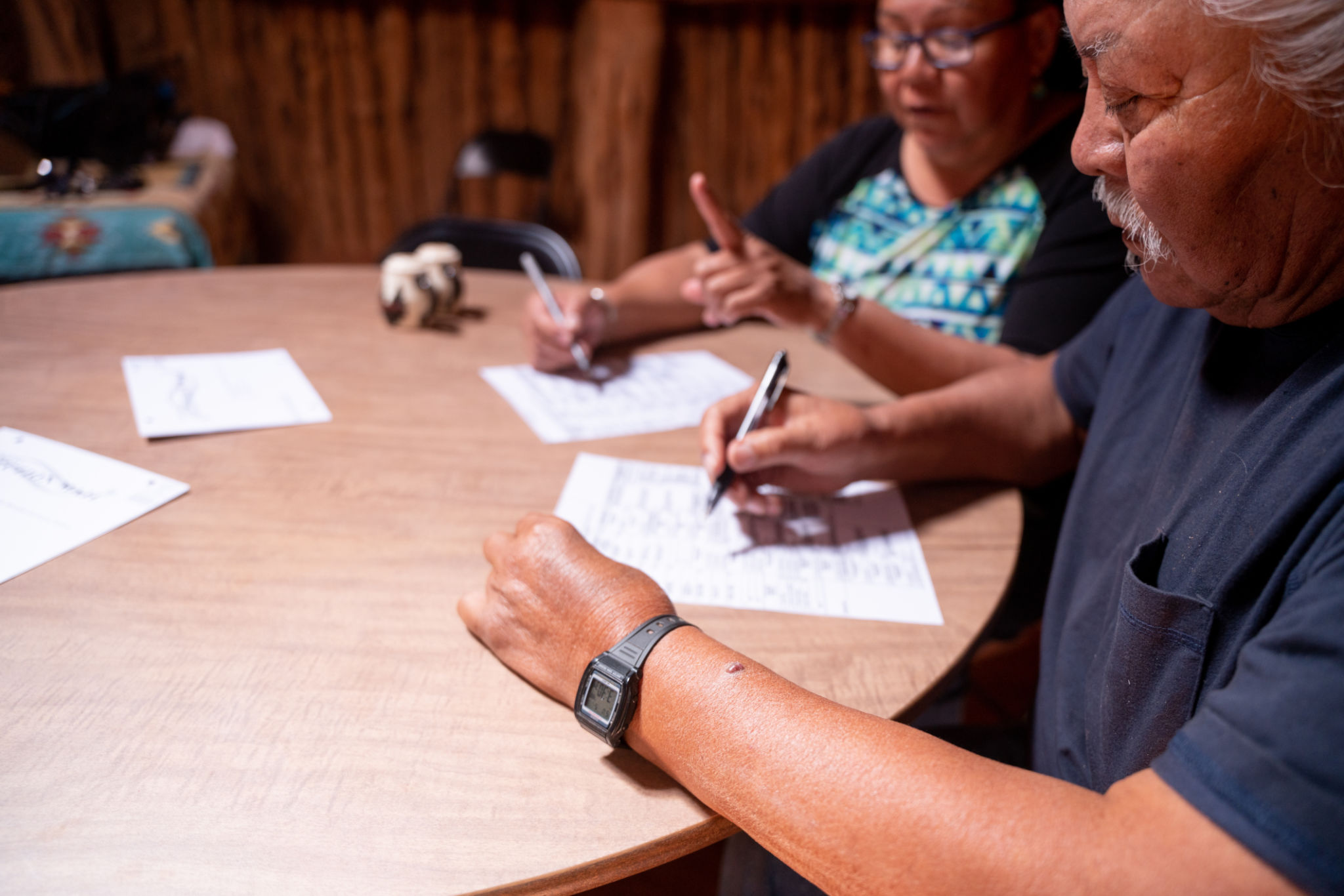The Role of Indigenous Councils in Community Development
Understanding Indigenous Councils
Indigenous councils play a pivotal role in shaping the future of their communities by fostering sustainable development and preserving cultural heritage. These councils serve as the governing bodies for Indigenous peoples, working to address their unique needs and aspirations. By integrating traditional knowledge with modern governance practices, they ensure that development efforts are respectful of cultural values and environmental sustainability.
One of the key functions of Indigenous councils is to represent their communities in negotiations with government agencies and other stakeholders. This representation is crucial for ensuring that the voices of Indigenous peoples are heard and respected in decision-making processes that affect their lands and resources. Through advocacy and diplomacy, these councils strive to protect the rights and interests of their communities.

Promoting Economic Development
Economic development is a cornerstone of community well-being, and Indigenous councils are at the forefront of promoting sustainable economic growth. They work to identify and implement initiatives that create jobs, improve living standards, and reduce poverty within their communities. By supporting local enterprises and encouraging investment in community projects, they help to build resilient economies that are less dependent on external resources.
Some councils have successfully developed partnerships with private sector entities and government programs to create economic opportunities. These collaborations often result in the development of industries such as eco-tourism, renewable energy, and traditional crafts, which align with the values and strengths of Indigenous communities.

Cultural Preservation and Education
Preserving cultural heritage is another critical responsibility of Indigenous councils. They play a vital role in maintaining and revitalizing languages, traditions, and cultural practices that are at risk of being lost. Through educational programs and cultural events, councils provide platforms for intergenerational knowledge transfer, ensuring that younger generations remain connected to their roots.
Educational initiatives often include language revitalization programs, cultural workshops, and history lessons that emphasize the importance of preserving Indigenous identities. By fostering a strong sense of cultural pride, these efforts empower community members to engage confidently with both their heritage and the broader world.

Environmental Stewardship
Indigenous councils are inherently linked to the stewardship of their ancestral lands. Their deep connection to the environment guides their efforts in promoting responsible land use and conservation practices. By leveraging traditional ecological knowledge, councils develop strategies to protect biodiversity, manage natural resources sustainably, and mitigate the impacts of climate change.
Many councils have implemented conservation projects that focus on reforestation, wildlife protection, and sustainable agriculture. These initiatives not only preserve the natural landscape but also provide educational opportunities for community members to learn about sustainable practices.
Social Cohesion and Governance
Building social cohesion is essential for community resilience, and Indigenous councils play a vital role in fostering unity among diverse community members. Through transparent governance structures and inclusive decision-making processes, they encourage participation from all segments of the community.
Councils often organize forums and meetings that allow for open dialogue and collaboration on community issues. This participatory approach ensures that development initiatives reflect the collective aspirations of the people they serve, leading to more effective and harmonious outcomes.

The Future of Indigenous Councils
As Indigenous councils continue to adapt to changing circumstances, they remain committed to their core mission of safeguarding their communities' well-being. By integrating traditional knowledge with modern strategies, they are well-positioned to navigate the challenges of the 21st century.
The future promises opportunities for Indigenous councils to further enhance their impact through innovative solutions and strengthened partnerships. As they continue to champion the rights and aspirations of their people, these councils will play an indispensable role in shaping a just and sustainable future for Indigenous communities worldwide.
